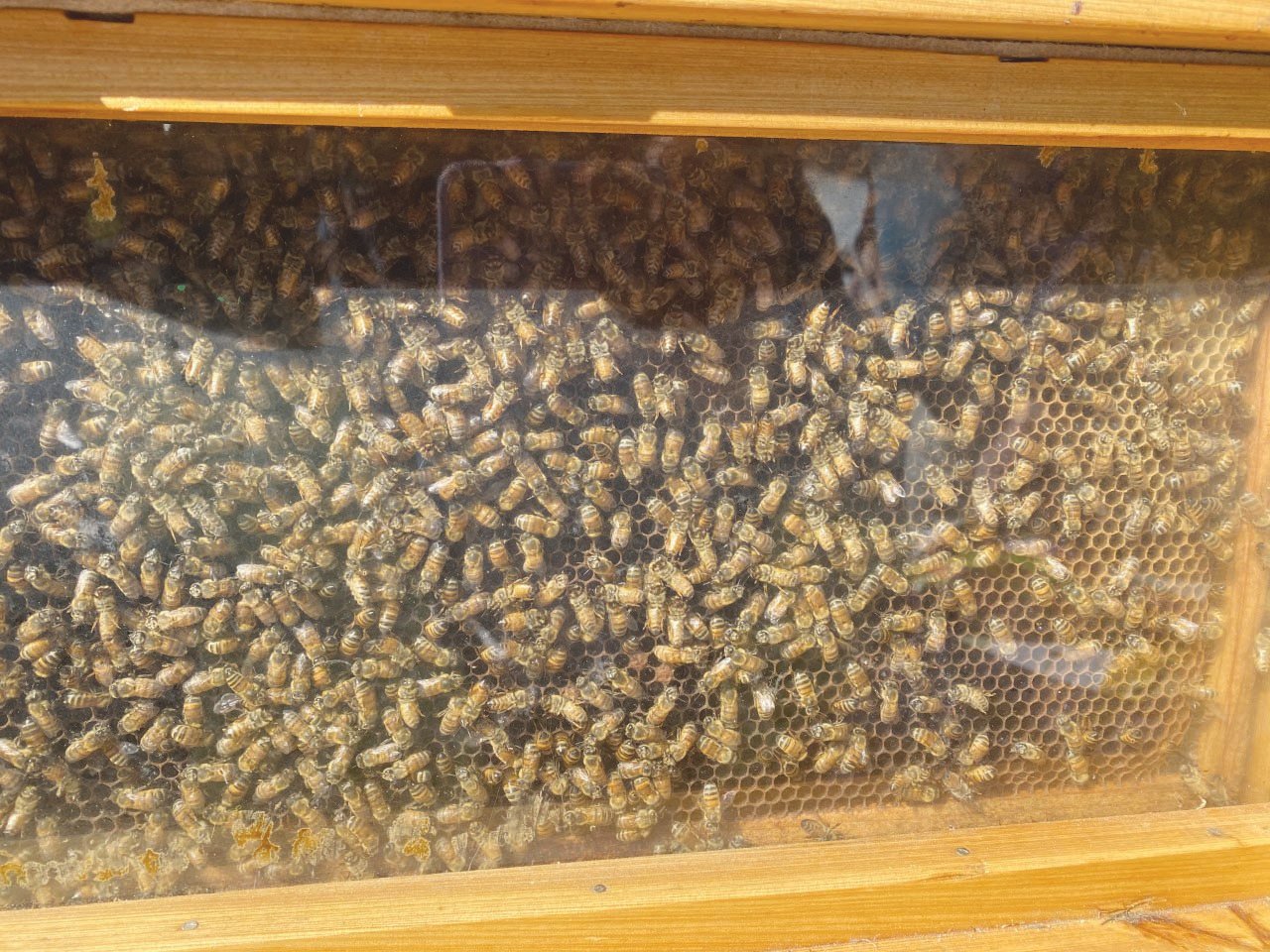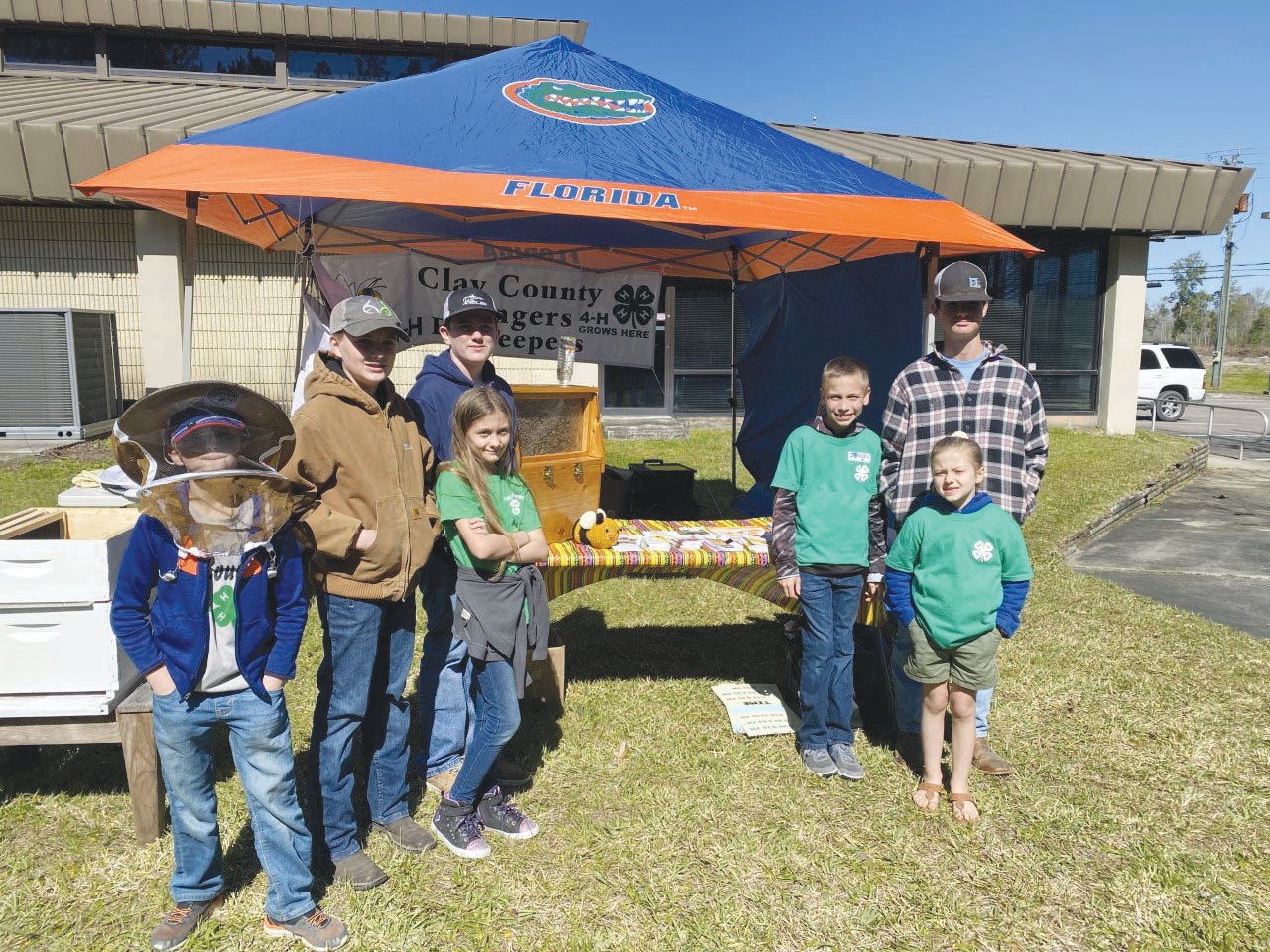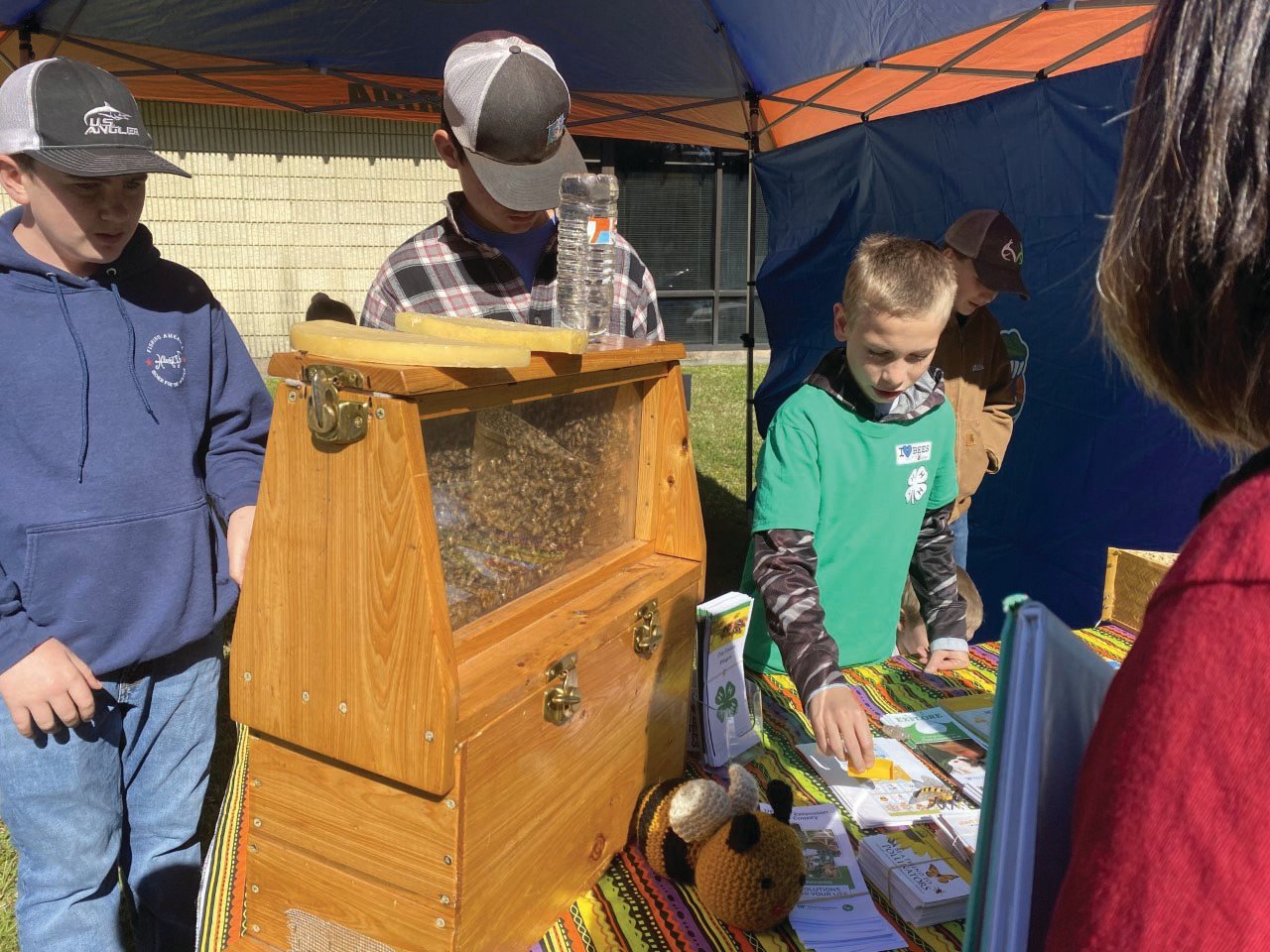Middleburg-Clay Hill Library abuzz with bee garden
4-H Stingers use grant to build hives for 20,000 bees
MIDDLEBURG – The Clay County Middleburg-Clay Hill Library will soon be the home of the state’s first 4-H bee garden.
4-H members and volunteers gathered at the branch Feb. 29 to explain the …
This item is available in full to subscribers.
Attention subscribers
To continue reading, you will need to either log in to your subscriber account, or purchase a new subscription.
If you are a current print subscriber, you can set up a free website account and connect your subscription to it by clicking here.
If you are a digital subscriber with an active, online-only subscription then you already have an account here. Just reset your password if you've not yet logged in to your account on this new site.
Otherwise, click here to view your options for subscribing.
Please log in to continueDon't have an ID?Print subscribersIf you're a print subscriber, but do not yet have an online account, click here to create one. Non-subscribersClick here to see your options for subscribing. Single day passYou also have the option of purchasing 24 hours of access, for $1.00. Click here to purchase a single day pass. |
Middleburg-Clay Hill Library abuzz with bee garden
4-H Stingers use grant to build hives for 20,000 bees
MIDDLEBURG – The Clay County Middleburg-Clay Hill Library will soon be the home of the state’s first 4-H bee garden.
4-H members and volunteers gathered at the branch Feb. 29 to explain the importance of bees and how this garden came to be created. The 4-H Stingers is a local club of children spanning all ages that works to make the community aware of bees. Instead of swatting them down, the Stingers work to teach people why bees should be left alone. That education is being taken to the next level by a $1,500 grant to build a garden in Clay County.
“So they received a $1,500 grant to get the pollination garden built and we decided to partner with the library for that,” University of Florida 4-H administrator Matthew Olson said. “Libraries are already community gathering spots and their entire message is research and education. That’s what this garden is about so working with the library was a no-brainer.”
Olson said the goal of the garden is to remove the fear associated with bees and replace it with an admiration and respect for what bees do in the environment. Stingers president Josh Knowles, 13, said bees are extremely important to nearly every aspect of the environment.
“They play a key role in the way it all works,” Knowles said.
The bee population has been on the decline as of late, posing looming threats to the environment but Olson and Knowles said projects like this pollination garden are working to reverse that decline.
Some 20,000 bees were set to be transferred to the garden Saturday but it was too cold, so the fenced-in garden and accompanying flower beds are temporarily void of bees. Olson said in a few weeks when the weather warms up, bees will be flying between their hive and the surrounding flowers.
Twenty thousand bees are a lot of bees but Knowles said there’s really no reason to worry about getting stung.
“If you don’t pose a threat to them, they’re not a threat to you,” Knowles said. “The best thing you can do is just leave them alone and let them do their thing. They’re trying to help.”
Davis Sieruta is a local beekeeper that donated the 20,000 bees to the Stingers. He said it was an easy decision deciding to get involved as a 4-H co-leader.
“I’ve been a beekeeper for 15 years and usually, us beekeepers are older folks,” Sieruta said. “But we’ll always need beekeepers so it’s important that we continue to pass the torch. We have to create the next generation of beekeepers that are going to do the important work we’re doing today.”
Sieruta, Olson and Knowles are excited for the bee garden at the branch and hope it can inspire new beekeepers or at least teach the community not only how important bees are to the world, but just how harmless they really are.
“The world wouldn’t be the same without bees,” Knowles said. “It’d be a lot less bright and a lot less stable.”













